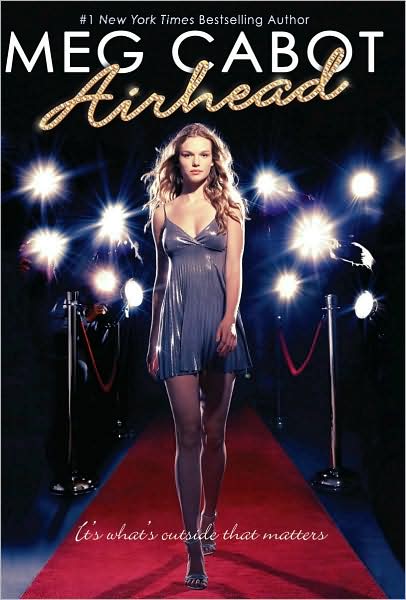 Instead, let’s talk about The Talisman Ring by Georgette Heyer. In keeping with the Halloween theme it has a villain. And people in costume/disguise. And it’s scary how funny it is. (Yes, I'll be here all week people.)
Instead, let’s talk about The Talisman Ring by Georgette Heyer. In keeping with the Halloween theme it has a villain. And people in costume/disguise. And it’s scary how funny it is. (Yes, I'll be here all week people.) For the uninitiated, Georgette Heyer is the Grande Dame of Regency romance. Do not let the romance label deter you (not that it should in general, but especially not for Heyer). Michael Dirda, the Pulitzer-prize winning book critic for The Washington Post, writes directly to possible nay-sayers in Classics for Pleasure, “What truly matters, though, is that Georgette Heyer remains as witty as any writer of the past century, as accomplished as P.G. Wodehouse in working out complex plots, and as accurate as a professional historian in getting her background details right.” (p. 85)
Speaking of complex plots, The Talisman Ring has a doozy. It starts out simply with a death and an arranged marriage. Sylvester, Baron Lavenham is on his deathbed and makes his nephew, Sir Tristram Shield, promise to marry his granddaughter, the lovely Eustacie de Vauban. Standard fare, right? Except Sir Tristram is hopelessly pragmatic and Eustacie is…well, she's wildly romantic and a wee bit impractical. She longs for adventure and hasn't quite gotten over the indignity of being rescued from the Terror (i.e. the guillotine) by her grandfather before she could effect a thrilling escape.
What starts off as a book about two mismatched people bound to marry each other quickly explodes into a farce, complete with cross-dressing, smugglers, a Priest’s hole, a weaselly valet, Bow Street Runners, and a villain who arrives to perform misdeeds wearing, in all seriousness, a loo mask.
And let me relieve your mind. Heyer doesn’t make Eustacie become sensible or Sir Tristram grow to appreciate her tumultuous approach to life. She fully acknowledges that they’d drive each other to madness in hours (possibly less) and introduces two other lead characters. It’s all a bit Shakespearean and it works beautifully.
Especially as one of the lead characters is Miss Sarah Thane. Miss Thane has all of Eustacie’s enthusiasm for adventure wrapped up in a ruthless practicality that alarms even the phlegmatic Sir Tristram. Here's a quick excerpt from when they meet at an inn (Miss Thane having taken the fleeing Eustacie under her wing after she fell in with smugglers) and are arranging a cover story:
"...unfortunately, you, Sir Tristram, knowing nothing of me, and being possessed of a tyrannical disposition - I beg your pardon?'And so they go - their dry wit coupled with Eustacie's flights of fancy, thrown together with some truly bumbling Bow Street Runners makes me laugh until I cry every time I read it. Even when I'm on a bus surrounded by hipsters, who are looking in horror at me and the cover.
"I did not speak," replied Sir Tristram, eying her frostily.
Miss Thane met his look with one of limpid innocence. "Oh, I quite thought you did!"
"I choked," explained Sir Tristram. "Pray continue! You had reached my tyrannical disposition." (p. 87)
Speaking of the cover, it, like the plot, is a doozy. Thanks to Sourcebooks reissue of Georgette Heyer’s complete works, today's sheltered readers can pick up vaguely respectable looking copies of The Talisman Ring with no trouble at all. By starting to read Heyer few years earlier, I had to scour used bookstore shelves to find her books. And to find the gem that is The Talisman Ring I had to get past a lurid 70s cover AND the most wildly inaccurate jacket text that I’ve ever had the misfortune to encounter. It mentions neither Miss Thane or Sir Tristram and instead talks about "the dark forest" and "a maelstrom of terror, deceit..." That book actually sounds perfect for a Halloween post, but it has nothing at all to do with The Talisman Ring.
_____________________________________
 Books you should read if you liked The Talisman Ring:
Books you should read if you liked The Talisman Ring:The Corinthian. Another one of Heyer's perfect light comedies, featuring a heroine who escapes from her miserable family by climbing out her bedroom window and setting off in search of adventure (oh she has a theoretical plan, but what's she's really looking for is adventure). However, I refuse to tell you any more about it because I'm planning on posting on it later. Just read it!













